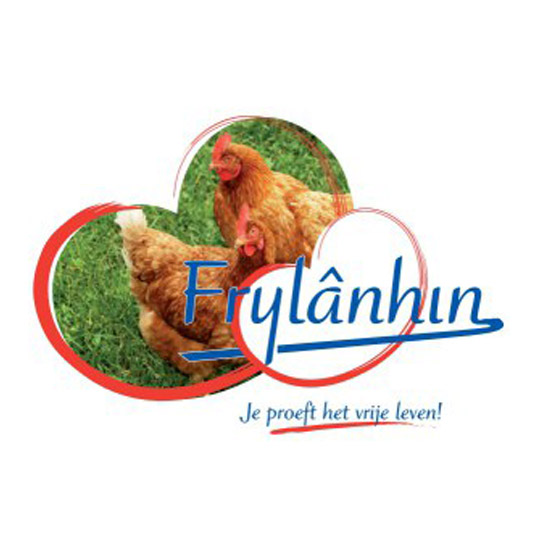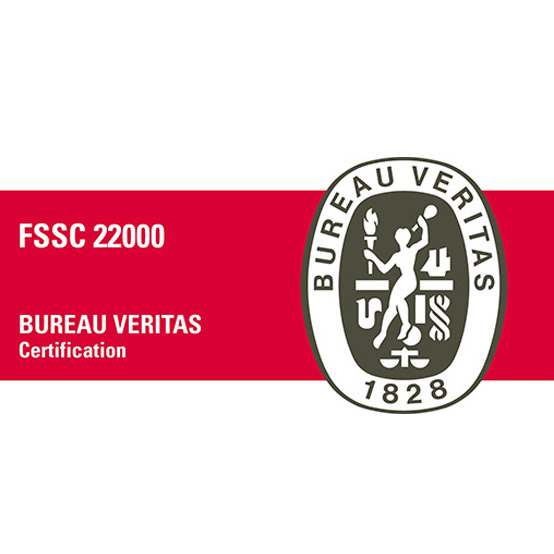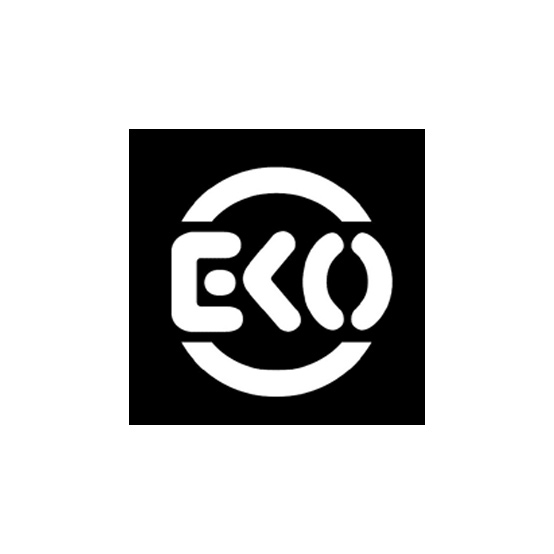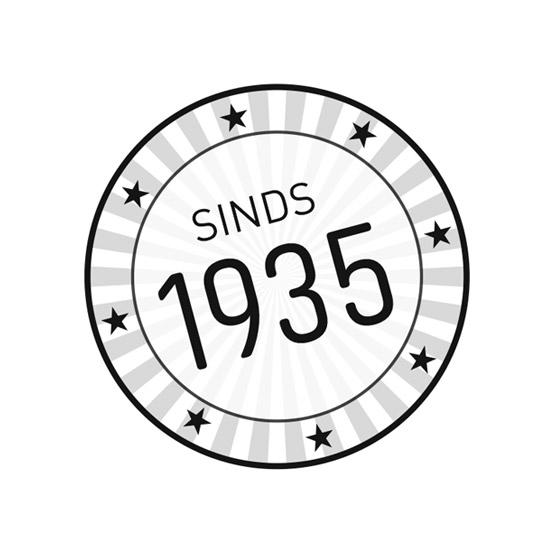
W. van den Meer en Zonen B.V. guarantees food safety through:
The most important applicable legislation concerning poultry processors consists of the following three hygiene regulations:
Verordening (EG) 852/2004: Food Hygiene;
Verordening (EG) 853/2004: Specific hygiene rules for food of animal origin;
Verordening (EG) 2073/2005: Microbiological criteria for food;
Verordening (EG) 625/2017: Official inspection and other official activities regarding food safety, animal health, animal welfare, plant health etc.
These three regulations emanate from the General Food Law, which also regulates permanent monitoring by the NVWA (The Netherlands Food and Consumer Product Safety Authority).
In addition to various construction requirements, this European regulation also makes requirements on staff, machines and hygienic work methods to produce poultry meat under continuous supervision of official veterinarians and inspectors of the NVWA.
In the context of permanent monitoring by the official supervising veterinarian (Toezichthoudend Dierenarts, TDA) of the NVWA, all kinds of process parameters per flock are checked and monitored.
According to the European General Food Law, poultry processors are continuously monitored by an official (assistant) supervising veterinarian (TDA) of the NVWA. Before authorising slaughter, the NVWA veterinarian assesses the required forms/results supplied by the poultry processor concerning the health of the flock laying hens (Food Chain information, Salmonella, NCD and AI status, et cetera). As a slaughterhouse, we then receive permission form the NVWA to pick up the chickens at the poultry farm. On slaughter day, the chickens are inspected alive and released for slaughter by the NVWA. Prior to slaughter the daily cleaning of the slaughterhouse is checked by the NVWA. It is only after all this has been found to be in order that official permission is given to start the slaughter. The NVWA continuously checks for a good hygienic work method, animal welfare (catching damage, proper hanging, proper stunning, rejects due to symptoms of illness, et cetera). Labelling requirements are also checked. In addition, statistics are kept for all the flocks.
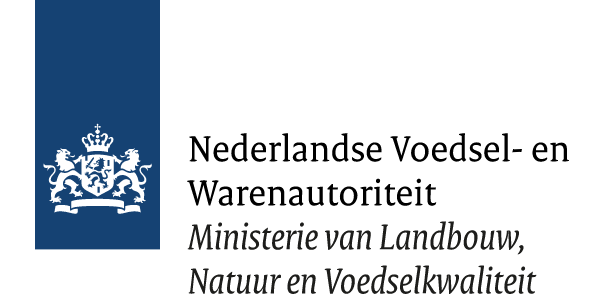

W. van der Meer en Zonen B.V. has trained 10 company inspectors who in turn perform the so-called post-mortem (after death) inspection at the slaughter line. At the place of inspection, each chicken is checked for suitability for human consumption. Each rejected chicken is removed from the slaughter line and ultimately dispatched to the destructor. In other words, all products supplied by us have been approved for human consumption, recognisable by the NL5050EG seal.
W. van der Meer en Zonen B.V. has implemented a full HACCP system into the FSSC 22000 quality system. By annually identifying, analysing and quantifying all possible hazards to food safety, following a step-by-step plan, our production process is continuously adjusted for all (new) hazards to food safety.
By at least annually reassessing the risks to food safety with a project team from various professions, we as a foodstuffs producer remain constantly alert to possible (new) hazards. Of course, we never hesitate to take new measures when a new hazard becomes known in the meantime.
In our own quality system W. van der Meer en Zonen B.V. has implemented the hygiene code for poultry processors. In brief, the hygiene requirements have been translated into instructions and procedures for our employees and machines. This hygiene code was drawn up as a national guide from the 852/2004 and has been approved by the Ministries of Economic Affairs and Health, Welfare and Sports.
Hygienic working by our employees and machines is guaranteed even better with this hygiene code. There are very strict rules of hygiene for our own employees, but also for visitors (customers) who enter our production spaces: this is the so-called hygiene area. There are also instructions to ensure that the cold chain of products is guaranteed during the entire production process. By observing all these measures we can supply food-safe products.
Daily bacteriological monitoring (total colony-forming units, enterobacteriaceae and E.coli of end products confirms our hygienic work method.
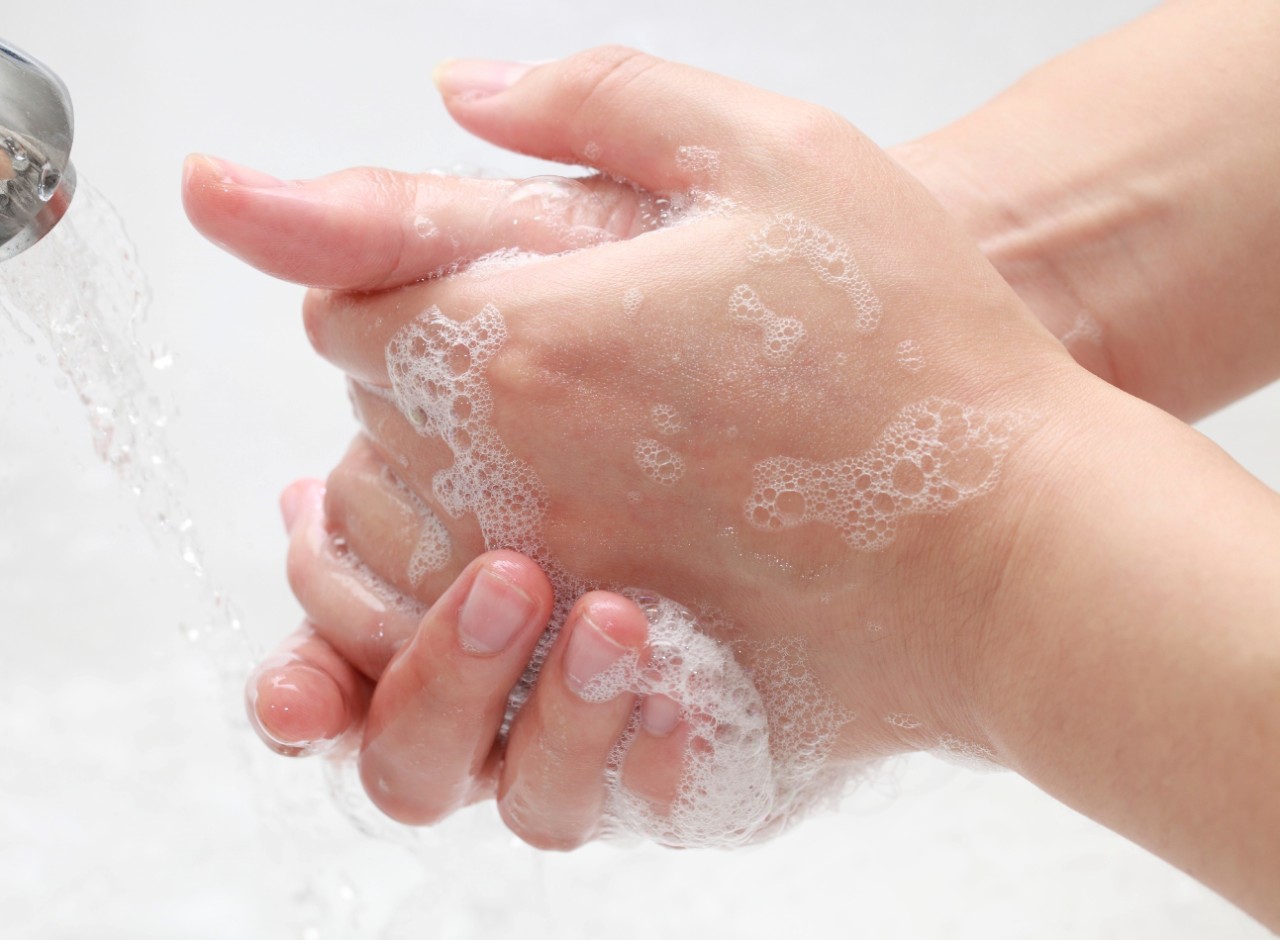
By working exclusively with our own permanent employees, following clearly described instructions and procedures in our quality system, personal hygiene (working neatly) can be guaranteed maximally. All employees acknowledge the importance of their personal hygiene and health by signing the company regulations and a declaration of health. In addition, all employees take all obligatory courses concerning hygiene/HACCP.
Every hour, during the so-called 5-minute breaks, all production spaces are intermediately cleaned. At the end of each slaughter day, all production spaces are cleaned and disinfected in their entirety. In the morning, before production starts, the daily cleaning is checked visually (permission for slaughter) and, if necessary, additional cleaning and are is carried out. All these measures are a maximum guarantee for the quality of our product. Once a week alternating departments are checked microbiologically (total colony-forming units) to ensure that disinfection was performed effectively.
